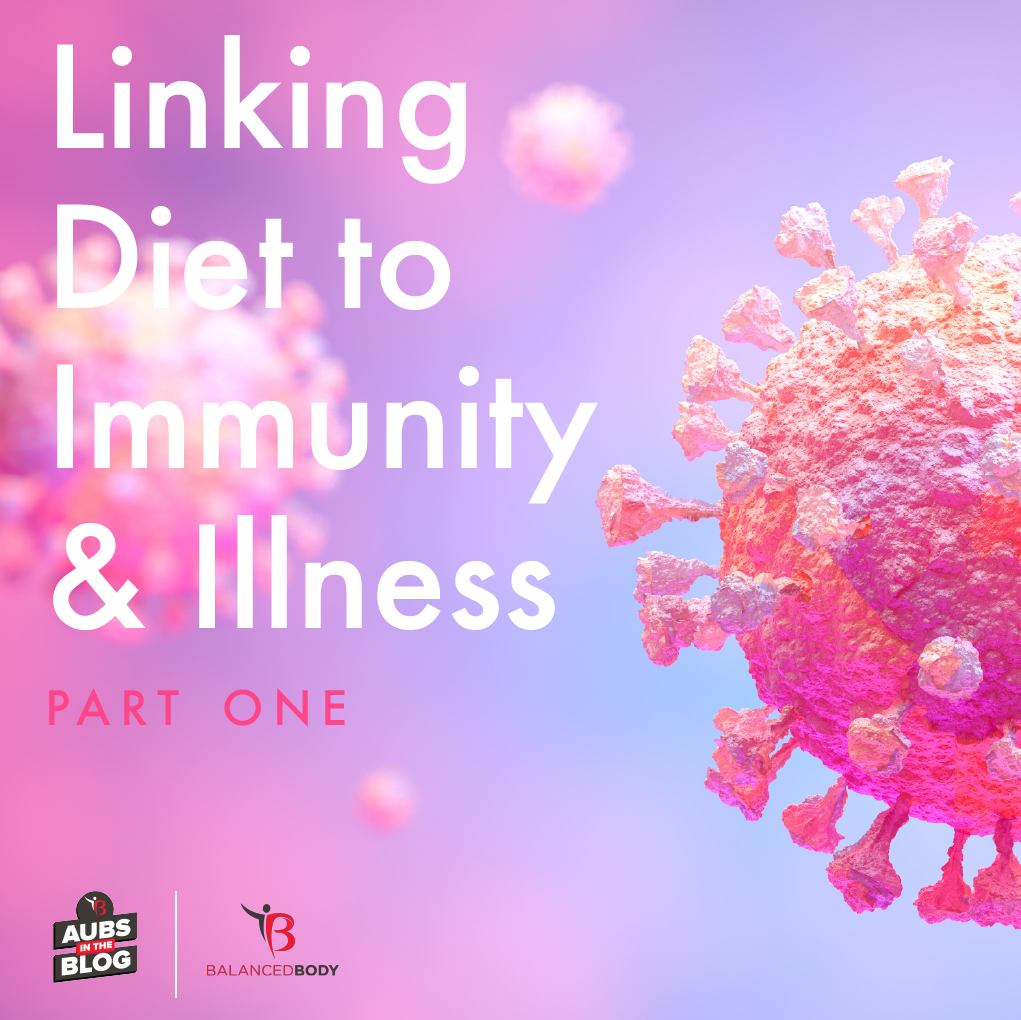Since the outbreak of CV-19, being proactive in caring for our bodies and health has become a high priority. For some, even an alarming reality. It’s hard to decide what’s best with so many suggestions on how we can prevent the spread and likelihood of becoming infected. Wash your hands, wear a facemask, practice social distancing, but what about the defense shields we bear every day? Take a look inside the body and you will find your metabolic health and immunity, move to the outside and you will find the factors that influence our decisions that either strengthen or weaken them.
Metabolic Health + Immunity: The Factors To Focus On
The well-being of Americans is in a compromised position. With limited income, changes to food resources, and excessive emotional distress, our internal health has become a vulnerable residence to poor diet, nutrient deficiencies, and feeble immunity. Instead of turning to food for comfort and a way to mask real-world issues, we should be nourishing our bodies to support and strengthen our metabolic health and immunity. These are the factors that deserve our committed attention.
Why Diet Matters
Right now the cost and convenience of processed foods seem more appropriate to stock our cupboards with than ever before. From a nutritional standpoint, yes, some processed foods can provide important macro and micronutrients, however, certain methods of processing can destroy these vital sources. A 2014 study published in Nutrition Journal confirmed that the large number of calories in processed and fast foods is leading to health problems linked to increased inflammation, reduced control of infection, greater likelihood of cancer, and increased risk for allergen and auto-inflammatory disease.
Immunity + Metabolism = The Immunometabolism
The body regulates and manages energy (aka metabolism) and the immune system strongly relies on this energy to function. When there is an imbalance in this relationship, the body becomes a greater risk for metabolic disease and illness. Metabolic health involves the creation of internal balance by finding your most metabolically efficient state. Achieving this requires consistent dietary habits, becoming in-tune with your physical responses, and on-going trial and error with calories and macronutrient calculations.
The metabolism helps regulate immune cell responses in healthy individuals and in those who become sick. This has become known as “immunometabolism”. The importance isn’t the metabolism’s ability to fight sickness and infection. In fact, that’s why we have an immune system and the metabolism is there to support its response. So, let’s look at what happens when we become sick and how it affects our appetite.
First, a stronger metabolism can help slow down the onset of metabolic-related symptoms when we become sick, “…the exact pathology is complex, patients with chronic infections could find their appetite chemically blocked, opening the possibility for further worsening of immune function and infection from poor nutrient intake.” If this loss of appetite limits the desire for food that could result in nutrient deficiencies, worsening the condition and immunity of the individual. With a stronger metabolism, the body is in a better position to ward off and fight sickness.
Stay Tuned For Part II
So how do we improve immunity while building our metabolism? In Part II of this blog series, you will learn all about:
- Immunity-boosting foods
- Strengthening your metabolism
- Lowering inflammation
- Improving gut health
- Making healthier choices for your wellbeing
PART II to be posted in the coming weeks, please make sure you are subscribed to our weekly newsletter.
Aubree “Aubs” Shofner
Balanced Body Foods
Nutrition Professional
[email protected]
